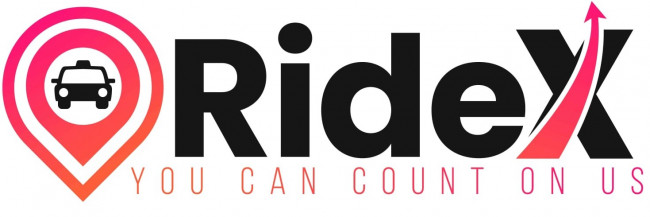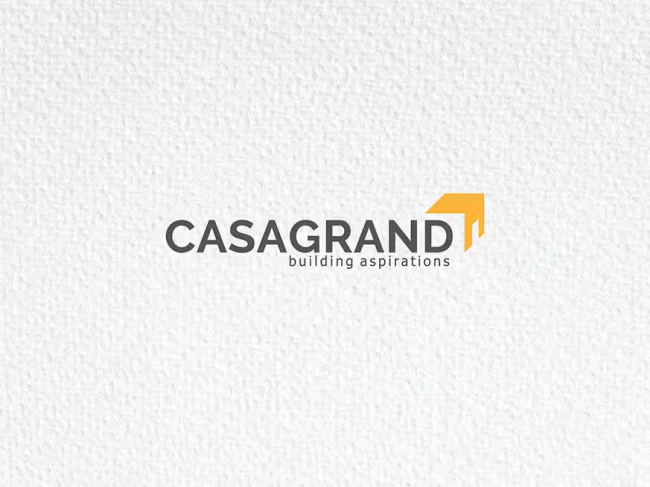
Paying Taxes as a Small Business: A Complete Guide
Paying taxes is a significant responsibility for every small business owner. However, many entrepreneurs are often unclear about the income thresholds and tax requirements that apply to their businesses. Whether you're a sole trader, limited company, or partnership, understanding your tax obligations is essential to avoid penalties and ensure compliance.
In this guide, we'll break down how much a small business needs to earn before paying taxes, offer valuable small business tax advice, and share key tips for efficient tax prep for small business success.
Understanding Small Business Taxes in the UK
In the UK, the tax you pay as a small business depends on your legal structure, profit margins, and type of income earned. The main taxes applicable to small businesses include:
Income Tax (for sole traders and partnerships)
Corporation Tax (for limited companies)
VAT (Value Added Tax) (if revenue exceeds £85,000)
National Insurance Contributions (NICs)
Knowing which tax applies to your business is the first step in staying compliant and managing your finances effectively.
Income Thresholds for Small Business Taxes
1. Income Tax for Sole Traders and Partnerships
If you're operating as a sole trader or in a partnership, you must pay Income Tax on your profits after deducting allowable expenses.
Personal Allowance: You can earn up to £12,570 tax-free in the UK (2024/25 tax year).
Basic Rate: 20% on income between £12,571 and £50,270.
Higher Rate: 40% on income between £50,271 and £125,140.
Additional Rate: 45% on income above £125,140.
2. Corporation Tax for Limited Companies
If you're running a limited company, you'll need to pay Corporation Tax on your profits.
The current Corporation Tax rate is 25% on taxable profits over £250,000.
Profits up to £50,000 are taxed at a 19% small profits rate.
3. VAT (Value Added Tax)
If your business's annual turnover exceeds £85,000, you're required to register for VAT. Even if you're below this threshold, voluntary registration can sometimes offer financial benefits.
4. National Insurance Contributions (NICs)
Self-employed individuals must also pay National Insurance Contributions (NICs) based on their annual earnings:
Class 2 NICs: £3.45 per week if profits are above £12,570.
Class 4 NICs: 9% on profits between £12,570 and £50,270, and 2% on profits above £50,270.
Key Tax Deductions and Allowances for Small Businesses
Understanding tax allowances and deductions is crucial to optimize your tax liability. Here are some key deductions:
Office Costs: Rent, utilities, and equipment.
Business Travel Expenses: Mileage, fuel, and travel costs.
Professional Services: Costs of hiring accountants, consultants, or legal advisors.
Employee Salaries and Pensions: Salaries, bonuses, and pension contributions are deductible expenses.
Training and Development: Costs for improving employee skills are tax-deductible.
Advertising and Marketing: Expenses on promotions, campaigns, and digital marketing.
Claiming Capital Allowances
If your business purchases assets such as machinery, vehicles, or equipment, you may be able to claim capital allowances, reducing your taxable profits.
Research and Development (R&D) Tax Relief
If your business invests in innovation or research, you might qualify for R&D tax credits, which can significantly reduce your tax bill.
Getting small business tax advice from a qualified professional can ensure you're claiming all eligible deductions.
Tax Prep for Small Business: Essential Tips
Proper preparation can make tax season less stressful and ensure compliance. Here are some effective strategies:
1. Keep Accurate Financial Records
Maintain clear records of all business income, expenses, and tax payments. Use cloud accounting software for easier management and real-time access.
2. Understand Deadlines
Self-Assessment Tax Return: January 31st each year.
Corporation Tax Return: Within 12 months of your company's financial year-end.
VAT Return: Quarterly, depending on your VAT accounting scheme.
3. Separate Business and Personal Finances
Keep business and personal accounts separate to make tax preparation easier and avoid confusion during audits.
4. Work with a Tax Professional
Professional tax advice for business owners can help you maximize deductions, reduce liabilities, and ensure timely submissions.
5. Plan for Tax Payments in Advance
Set aside a percentage of your income each month to cover upcoming tax bills.
6. Stay Informed on Tax Law Changes
Tax laws and rates often change, so staying updated ensures you're compliant and prepared.
Common Mistakes Small Businesses Make with Taxes
Avoiding these common pitfalls can save your business from unnecessary fines and financial stress:
Missing Deadlines: Late tax submissions often result in penalties.
Ignoring Tax Deductions: Failing to claim eligible deductions can increase your tax burden.
Inaccurate Reporting: Errors in tax returns can trigger audits.
Not Seeking Professional Help: DIY tax filing can lead to missed opportunities for savings.
Investing in small business tax advice can prevent these mistakes and keep your business on track.
Benefits of Professional Tax Advice for Small Businesses
1. Compliance Assurance
A professional ensures that your tax returns meet HMRC requirements and deadlines.
2. Financial Savings
Experts can identify opportunities for tax savings and deductions that you might overlook.
3. Time Efficiency
Outsourcing tax preparation allows you to focus on running your business.
4. Risk Mitigation
Professionals reduce the risk of costly errors and penalties.
Whether you're navigating tax prep for small business or planning long-term strategies, expert advice can make a world of difference.
How Pearl Accountants Can Help with Small Business Taxes
At Pearl Accountants, we specialize in providing tailored small business tax advice to ensure your business remains compliant and efficient. Our services include:
Tax Planning and Strategy
VAT Registration and Returns
Corporation Tax Filing
Self-Assessment Returns
Bookkeeping and Financial Reporting
With a team of experienced professionals, we simplify the complexities of taxation so you can focus on growing your business.
FAQs About Small Business Tax Requirements
Do all small businesses have to pay taxes?
Yes, if your profits exceed the tax-free thresholds set by HMRC.
What happens if I miss a tax deadline?
Late submissions can result in penalties and interest on unpaid taxes.
Are there penalties for inaccurate tax returns?
Yes, errors in your returns can lead to fines or audits.
How can I reduce my tax liability legally?
Claiming eligible deductions, planning expenses strategically, and seeking professional tax advice can help reduce liabilities.
Can I handle small business taxes myself?
While it's possible, working with a tax professional ensures accuracy, compliance, and potential savings.
Conclusion
Understanding small business tax requirements is essential for financial compliance and long-term growth. Effective tax prep relies on accurate record-keeping, awareness of deadlines, and professional advice. Partnering with experienced professionals like Pearl Accountants can help you manage your taxes efficiently while focusing on your core business activities.
Need expert small business tax advice tailored to your needs? Contact Pearl Accountants today!
















